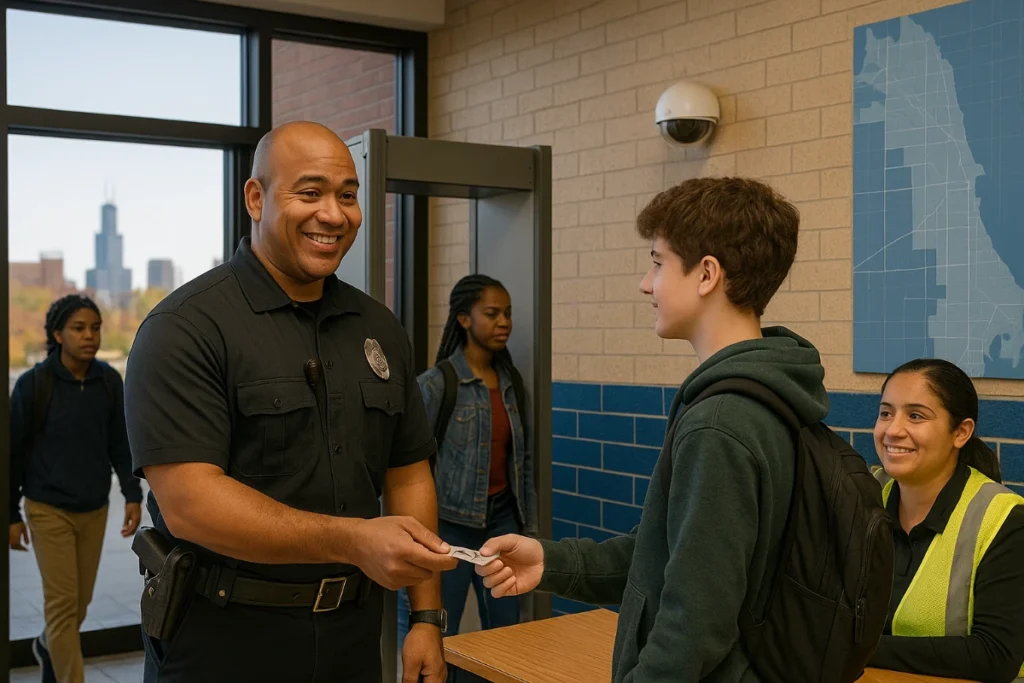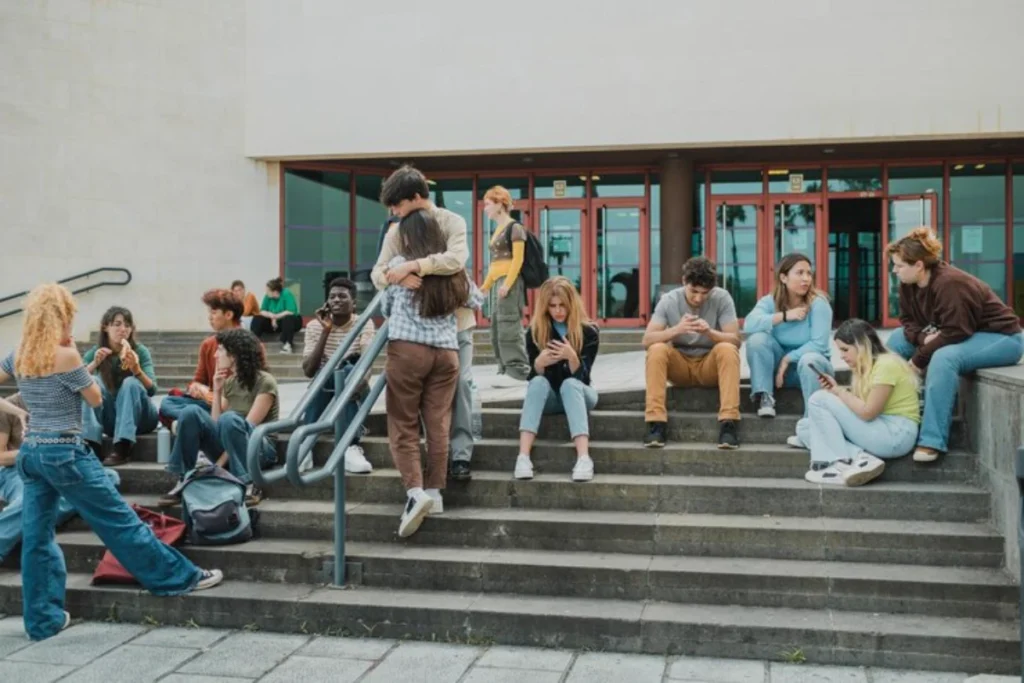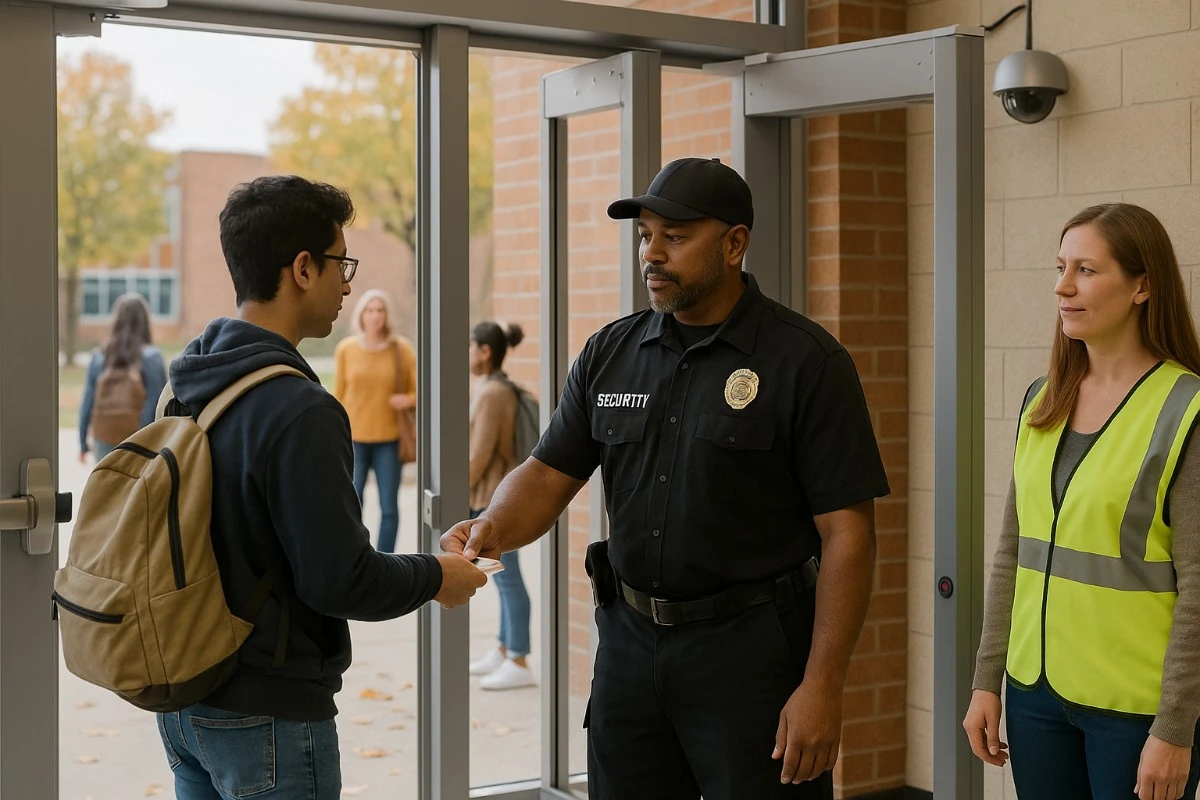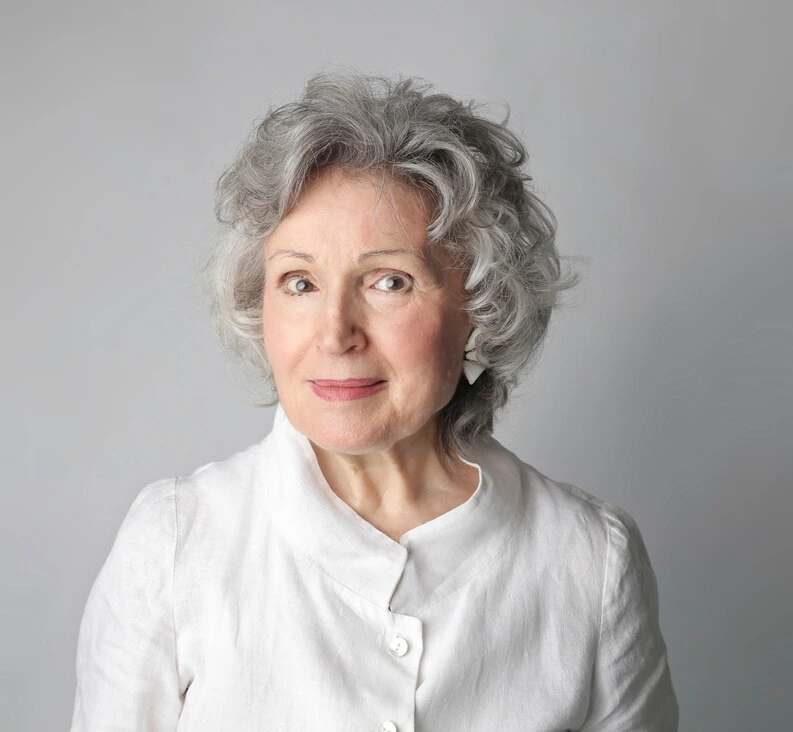Schools should feel like safe places, not tightropes that students and teachers walk every day. Yet, with rising concerns about bullying, intruders, and on-campus fights, many schools face new challenges in keeping everyone protected. Hope alone isn’t enough. You need real, reliable protection that responds quickly and prevents trouble before it starts.
That’s where trained school security guards make all the difference. In Chicago, many public districts and private schools are turning to professional security services to create safer, more controlled environments. These guards don’t just stand watch; they help build trust, deter unwanted behavior, and ensure that learning can happen without fear.
In this article our professionals at Advanced Security Solutions explore how security guards contribute to a safer school environment and why partnering with a company that offers advanced protection and well-trained professionals is essential for lasting peace of mind. Let’s begin!
1. What school security guards do
Security guards in schools wear many hats. Their job is not only to stop danger, but to prevent it. Here are their core tasks:
- Watch doors, gates, and entry points
- Check IDs, screen visitors
- Patrol hallways, parking lots, playgrounds
- Respond fast to alarms or reports
- Help in crisis (lockdowns, threats)
- Counsel students about safety rules
- Report suspicious behavior
When those tasks are done well, the school feels safer. Students, staff, and parents sense order and vigilance.
2. Why schools in Chicago need security guards

Chicago faces special safety challenges. Urban settings mean more risk of outside threats. On top of that, schools in Chicago handle large student populations, complex infrastructure, and tight budgets.
The Chicago Public Schools (CPS) has an Office of School Safety and Security that works with individual schools on safety plans, training, and threat response. They also run a district-wide command center (Student Safety Center) for 24/7 incident support.
Still, security staff at each campus are crucial. They are the eyes, ears, and first line of defense. Having school security guards in Chicago means that threats have fewer chances to grow.
3. Benefits of school security guards
Here’s how security guards pay off in real life:
- Deterrent effect: Their presence alone scares off intruders or troublemakers.
- Quick reaction: Guards can respond faster than outside law enforcement in many cases.
- Better traffic/control: They manage drop-off, parking, and crowd flows.
- Safe culture: Students see rules enforced fairly; the climate feels respectful and firm.
- Crisis support: In emergencies, guards can lead evacuations or lockdowns.
- Intelligence gathering: They observe, report early signs of trouble.
These add up. Schools see fewer fights, fewer break-ins, and less chaos when guards are active and trusted.
4. The role of school safety officers vs guards
You’ll hear both terms “school safety officers Chicago” and “school security guards.” They overlap but differ in emphasis.
A “school safety officer” usually implies someone more integrated into school life. They might do counseling, help with discipline, or teach safety lessons. A “security guard” focuses more on protection, access, and emergency response.
An advanced security company often blends both roles: officers who know safety protocols and protection tactics. That balance matters.
5. Working with top firms
To get reliable guard force, schools turn to pro firms. In Chicago, security companies Chicago and security agencies in Chicago IL send trained officers to campuses. Some firms specialize in school settings and offer audits, training, and long-term contracts.
If your school or district wants safety that holds up under stress, look for Security Service Professionals in Chicago that match that standard.
6. Challenges and how to meet them

Adding guards is not magic. Without care, problems arise:
- Poor hiring can bring low morale or weak performance.
- Bad coordination with teachers or staff can cause confusion.
- Too much force or harshness can damage trust.
- Budget constraints limit guard numbers or reduce training.
To prevent those pitfalls:
- Use firms that screen and train staff heavily.
- Have clear roles and protocols for guard-staff cooperation.
- Use ongoing training in de-escalation, communication, cultural sensitivity.
- Audit performance, get feedback, adjust patrol routes or shift patterns.
A school’s security program must grow with the school.
How to get started? Contact Advanced Security Professionals!
Our experienced security personnel are trained to handle a wide range of situations with professionalism and care. From monitoring access points to managing emergencies, they help prevent potential threats before they occur. With a strong presence on campus, our team promotes safety while fostering a welcoming and respectful environment for students and faculty alike.
At Advanced Security Professionals, we understand that every school has unique safety concerns. That’s why we offer tailored security plans designed to meet your specific needs and budget. Partner with us to strengthen your school’s safety measures and give parents, staff, and students the confidence they deserve. Contact us today to get started.
FAQs
A safety officer is more involved in school life (advice, presence, prevention). A security guard focuses more on protection, access control, and emergency response. In practice, a good campus uses a mix.
Yes, if well trained and authorized. Many guards follow rules of engagement. Their goal is to delay or contain until police arrive, not to take over the entire response.
It depends on size, layout, student count, risk. Small schools may use 1–2. Larger ones may need 5 or more, with coverage inside, outside, and on patrol.
necessary training for school security guards include: De-escalation, first aid, emergency response, dealing with youth, cultural sensitivity, access control, crisis management.



